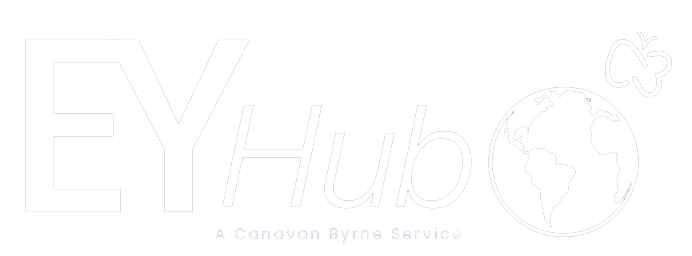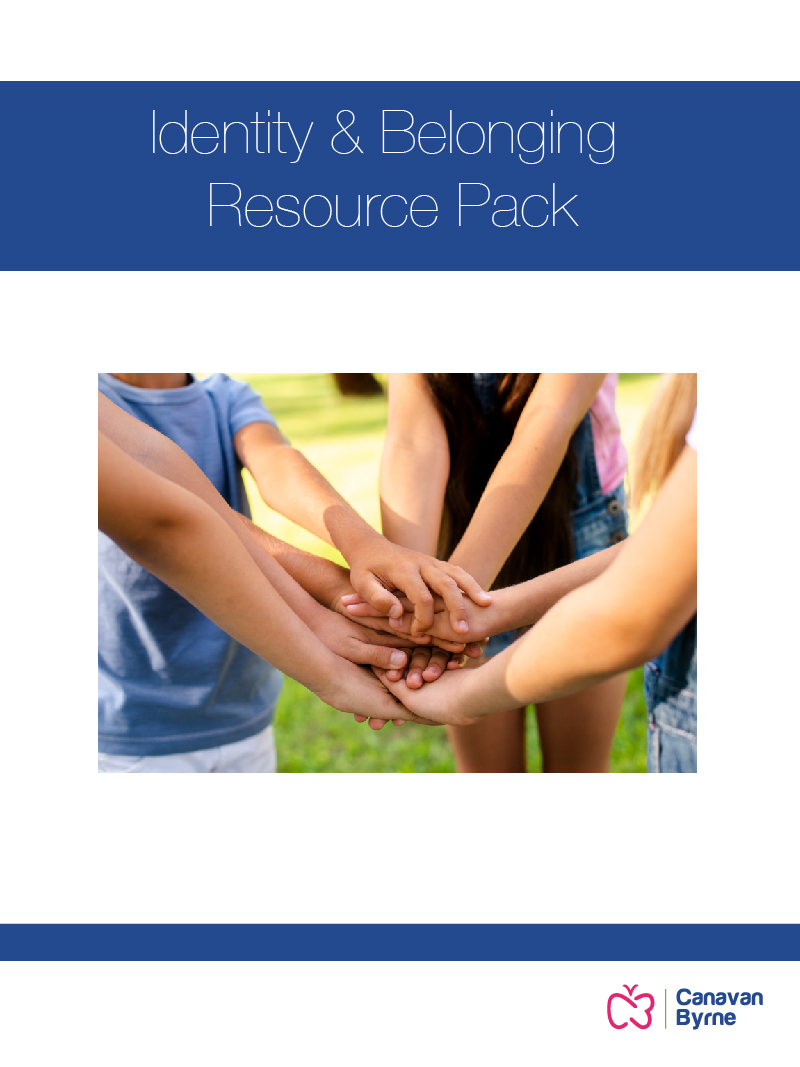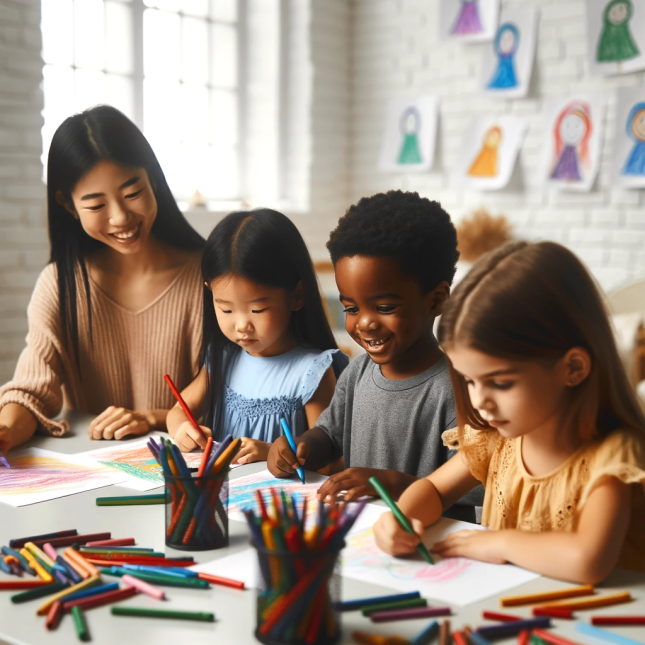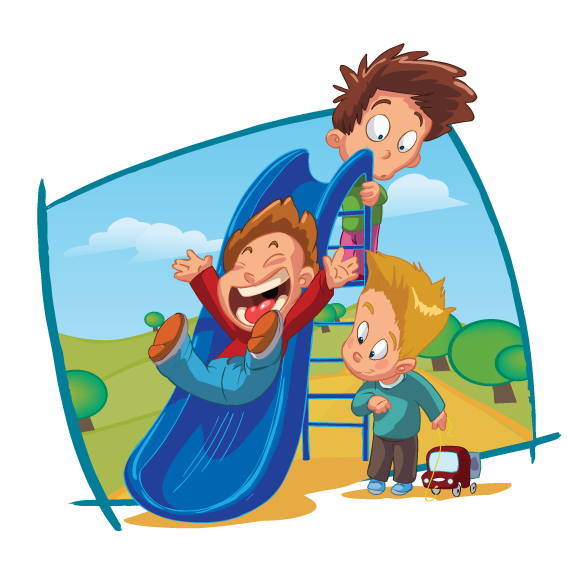Belonging is critical to children’s development of identity. It forms one of the four themes of Aistear, our curriculum framework, as well as being included in Síolta our Quality framework whose aim it is to improve the overall quality of early years settings for both children and their families. Síolta and Aistear set out guidelines which services use to ensure that each child is included and feels a sense of belonging within their Early Years community. This theme forms the beginning of each child’s journey with us and as such its value cannot be overestimated.
Maslow’s Hierarchy of needs describes the importance of having your most basic needs met before you can hope to achieve more abstract concepts at the peak of the pyramid such as self-actualisation.
Check out our new Identity and Belonging Curriculum Plan Pack - for a limited time you can also add on the Diversity Curriculum Plan Pack for half price!
Did you know members of the Early Years Resource Factory have access to all our curriculum plan packs as soon as they are released for no additional cost? See the bottom of this page to sign up for a membership or a no-obligation 7-day Free Trial.
Maslow’s theory outlines five concepts from physiological needs such as food, water, shelter, to safety needs such as personal security, a home, employment, love and belonging, including positive relationships, friendships and a sense that of belonging to the community. Other needs include esteem, such as respect for oneself and others and at the top of the pyramid a feeling of self-actualisation, a desire to be the best that one can be, a strong sense of accomplishment.
If we consider Maslow’s theory we can understand that like each of the stages of the pyramid, the concept of identity and belonging is dynamic. We are all aware of how much change we notice in the children in our practices. Children’s lives can change instantly and dramatically with loss of employment, homelessness, illness, moving country, bereavement and even the arrival of a new sibling, in the family. These changes will affect children’s identity and sense of belonging. For many children the early years setting will be their predictable safe place to be. Children build confidence and trust and from this base they can express and build upon positive dispositions whilst adding to and adapting new skills.
We have a unique opportunity to shape children’s lives both now and into the future. Children are shaped by what they see and hear and the opportunities which are afforded to them as they grow. These experiences form their reality whether accurate or not. The actions, words, environments and experiences provided for each child within an early years service will help to form positive connections in the brain and the foundations of positive dispositions such as resilience, empathy and self-esteem, thus helping them to move up the pyramid. Children arrive with a set of ideas which they believe to be true, the messages they subsequently receive both directly and implied will make a connection in their brain and become part of their belief system.
As educators therefore we model positive behaviour and prepare our environment in a way that welcomes each child and their family. The more we know about each child and family before they start in our setting the better prepared we are to welcome and reflect each child (See our new Identity and Belonging Curriculum Plan Pack). This may be used in connection with your own ideas to support the children.
Once the children arrive, and feel safe and connected, they will show us that they have multiple identities, and their ‘funds of knowledge’ can be incorporated into the curriculum to enrich both their own and others experiences. An emergent curriculum and playful pedagogy will follow the lead of the children and help educators to go on a journey of discovery with the child as they are now, and who they become during their time with us.





